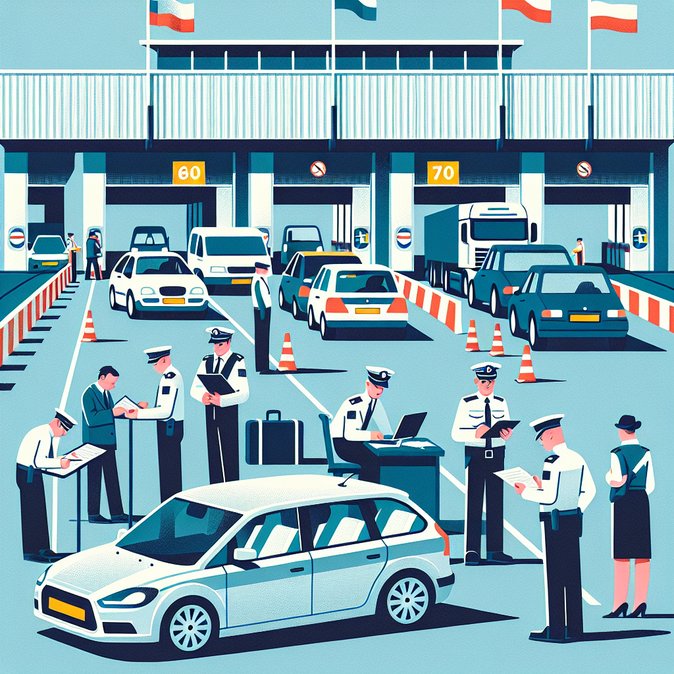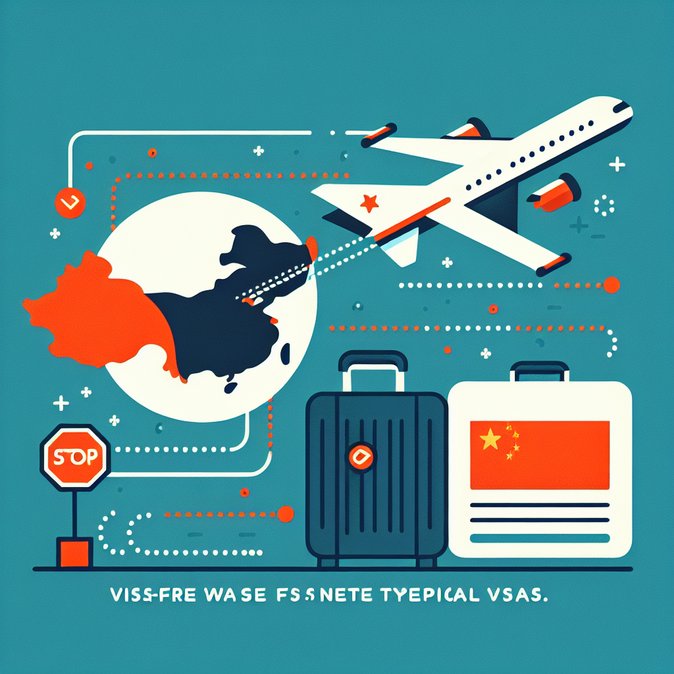
Warsaw’s annual Independence Day march drew an estimated 100,000–150,000 participants on 11 November, including newly elected President Karol Nawrocki. While the event passed without major violence, banners reading “Stop Immigration—Time for Deportation” and “Poland for Poles” dominated sections of the procession.
Context: Poland’s right-to-demonstrate culture allows the march, organised by nationalist groups since 2010, to proceed even when its messaging conflicts with government policy. This year, the liberal-centrist administration stayed away, staging separate civic celebrations in Gdańsk. The optics underscore Poland’s split over how open the country should remain to foreign workers, refugees and EU free movement.
![Warsaw Independence March Features Anti-Migration Slogans, Raising Concerns for Expats]()
Impact on global mobility:
• HR teams report a spike in queries from foreign staff about personal safety and long-term residency prospects.
• Relocation firms advise new assignees to avoid downtown Warsaw on 11 November due to potential flare-ups and transport closures.
• Although the march is symbolic, analysts warn that anti-immigration rhetoric can shape public opinion and, eventually, policy—especially with local elections due in 2026.
Business angle: Poland relies on roughly one million foreign workers, mainly Ukrainians, Indians and Belarusians, to fill manufacturing and IT roles. Any tightening of work-permit rules would exacerbate existing labour shortages and wage inflation.
Outlook: The government has reiterated that it will continue to streamline work-permit procedures despite nationalist pressure. However, multinationals should monitor policy debates and consider diversity-training programmes to support international staff.
Context: Poland’s right-to-demonstrate culture allows the march, organised by nationalist groups since 2010, to proceed even when its messaging conflicts with government policy. This year, the liberal-centrist administration stayed away, staging separate civic celebrations in Gdańsk. The optics underscore Poland’s split over how open the country should remain to foreign workers, refugees and EU free movement.

Impact on global mobility:
• HR teams report a spike in queries from foreign staff about personal safety and long-term residency prospects.
• Relocation firms advise new assignees to avoid downtown Warsaw on 11 November due to potential flare-ups and transport closures.
• Although the march is symbolic, analysts warn that anti-immigration rhetoric can shape public opinion and, eventually, policy—especially with local elections due in 2026.
Business angle: Poland relies on roughly one million foreign workers, mainly Ukrainians, Indians and Belarusians, to fill manufacturing and IT roles. Any tightening of work-permit rules would exacerbate existing labour shortages and wage inflation.
Outlook: The government has reiterated that it will continue to streamline work-permit procedures despite nationalist pressure. However, multinationals should monitor policy debates and consider diversity-training programmes to support international staff.


